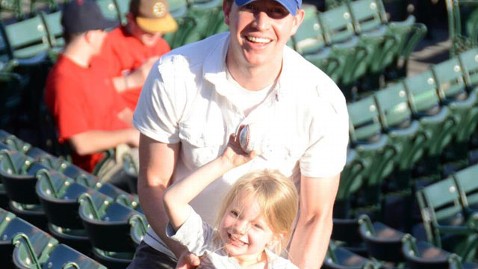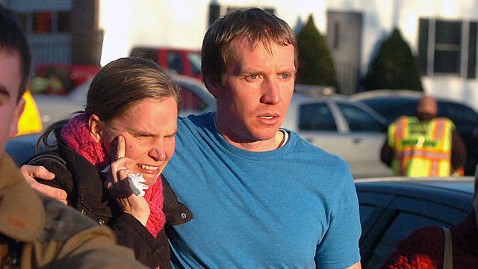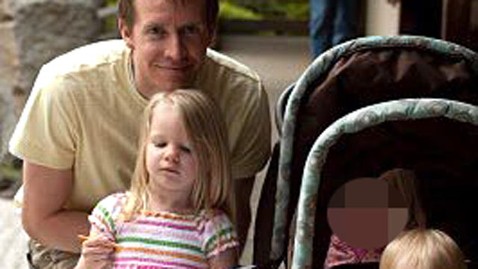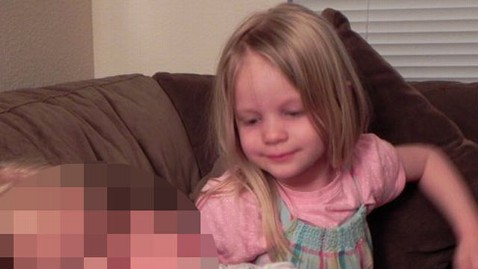CAIRO (Reuters) - Islamists attacked the offices of an Egyptian opposition party newspaper on Saturday, security sources said, as people voted on a new constitution intended to pull the country out of a growing political crisis.
The newspaper of the Wafd party in Cairo was targeted with petrol bombs and birdshot, the sources said, in the latest of a series of violent incidents surrounding a divisive referendum designed to pave the way to national elections next year.
The attack came as officials began counting votes after polling stations closed at 11 p.m. (1600 ET).
Official results will not come until after a second round of voting in remaining areas of the country next Saturday, but conflicting claims were already emerging from the rival camps.
A spokesman for the opposition National Salvation Front said it had indications that 60-65 percent of voters in Cairo and other cities had rejected the new constitution, while President Mohamed Mursi's Muslim Brotherhood allies said that after 1 million votes had been counted, 72.5 percent were in favor.
Mostafa Shafik, managing editor at Wafd's newspaper, which is located next to the party headquarters, said his offices had been damaged.
"The attackers used Molotov cocktails to enter, which left minor areas burned," he said.
A Reuters photographer saw a dozen or so cars damaged inside the Wafd headquarters' grounds, their windows broken. Glass was also broken in the headquarters, but he saw no immediate signs of fire damage. Two people appeared to have been injured.
Wafd blamed followers of Hazem Abu Ismail, a Salafist preacher, for the attack, but he used his Facebook page to deny involvement.
Violence in Cairo and other cities has marred the run-up to the referendum. Several party buildings belonging to the Muslim Brotherhood's Freedom and Justice party have been burned in protests.
Rival factions armed with clubs, knives and swords fought in the streets of Alexandria on Friday. Opposition supporters trapped a Muslim preacher inside his mosque after he backed a "yes" vote in favor of the constitution.
ANGRY DEMONSTRATIONS
President Mursi provoked angry demonstrations when he issued a decree last month expanding his powers and then fast-tracked the draft constitution through an assembly dominated by his Muslim Brotherhood group and its allies. At least eight people were killed in clashes last week outside the presidential palace.
His liberal, secular and Christian opponents say the constitution is too Islamist and tramples on minority rights. Mursi's supporters say the charter is needed if progress is to be made towards democracy nearly two years after the fall of military-backed strongman Hosni Mubarak.
"The sheikhs (preachers) told us to say 'yes' and I have read the constitution and I liked it," said 53-year-old Adel Imam as he queued to vote in Cairo on Saturday. "The country will move on."
Turnout was high enough for voting to be extended by four hours in Cairo and some other cities.
In order to pass, the constitution must be approved by more than 50 percent of voters who cast ballots. A little more than half of Egypt's electorate of 51 million are eligible to vote in the first round in Cairo and other cities.
Rights groups reported some abuses, such as polling stations opening late, officials telling people to vote "yes", bribery and intimidation.
But Gamal Eid, head of the Arab Network for Human Rights Information, which is monitoring the vote, said nothing reported so far was serious enough to invalidate the referendum.
TRANSITION
Christians, making up about 10 percent of Egypt's 83 million people and who have long complained of discrimination, were among those waiting at a polling station in Alexandria to oppose the basic law. They fear Islamists, long repressed by Mubarak, will restrict social and other freedoms.
"I voted 'no' to the constitution out of patriotic duty," said Michael Nour, a 45-year-old Christian teacher in Alexandria. "The constitution does not represent all Egyptians."
Howaida Abdel Azeem, a post office employee, said: "I said 'yes' because I want the destruction the country is living through to be over and the crisis to pass."
Islamists are counting on their disciplined ranks of supporters and the many Egyptians who may fall into line in the hope of ending turmoil that has hammered the economy and sent Egypt's pound to eight-year lows against the dollar.
Mursi was among the early voters after polls opened at 8 a.m. (0600 GMT). He was shown on television casting his ballot shielded by a screen and then dipping his finger in ink - a measure to prevent people voting twice.
The second round will be held in other regions on December 22 because there are not enough judges willing to monitor all polling stations after some said they would boycott the vote.
Egyptians are being asked to accept or reject a constitution that must be in place before a parliamentary election can be held next year to replace an Islamist-led parliament dissolved in June. Many hope this will lead Egypt towards stability.
If the constitution is voted down, a new assembly will have to be formed to draft a revised version, a process that could take up to nine months.
The army has deployed about 120,000 troops and 6,000 tanks and armoured vehicles to protect polling stations and other government buildings. While the military backed Mubarak and his predecessors, it has not intervened in the present crisis.
(Writing by Edmund Blair and Giles Elgood; Editing by Tom Pfeiffer)













